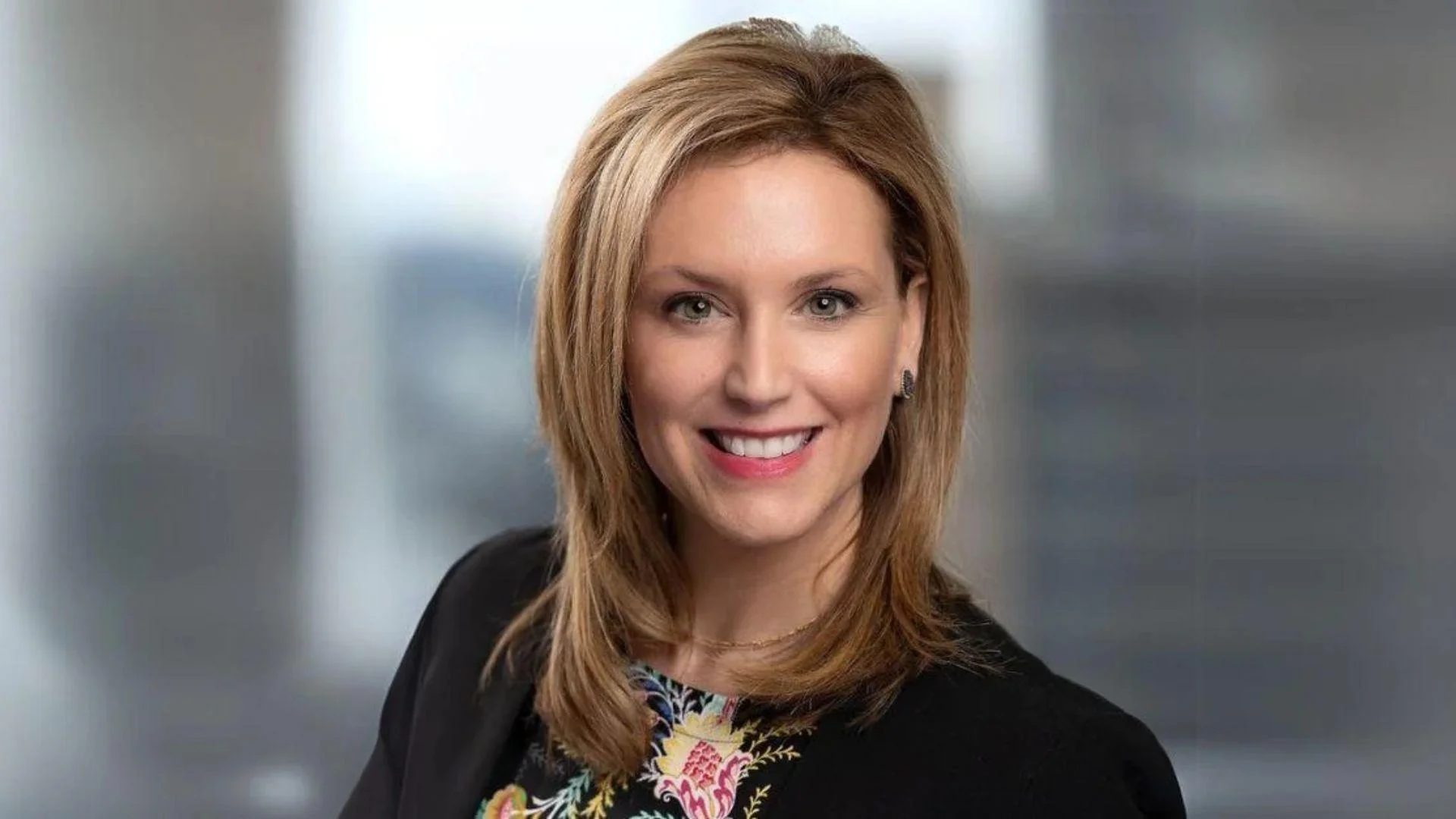A new study published in the Journal of the American Medical Association finds that doctors are influenced by gifts and their relationships with drug company representatives.
Doctors at teaching hospitals that introduced restrictions on interactions with representatives prescribed fewer brand name drugs and more generic, less-expensive medications, the study found.
"What is novel is that you now get a little bit more causation," Dr. Adams Dudley, a professor at the University of California, San Francisco, said. Dudley penned an editorial accompanying the published study.
"In prior work we have been able to see an association but did not have an understanding when that change was made," Dudley told American Pharmacy News. "This is stronger evidence that drug company marketing works."
The study found a direct link between the restrictions imposed and a drop in the number of brand name prescriptions.
"If a doctor was prescribing that drug 100 times a month, our estimate is it would go down to about 92 times a month after the restrictions were put in place," lead author Ian Larkin, an assistant professor at the University of California, Los Angeles Anderson School of Management, said.
"That's actually a very substantial change," Larkin told Health Day magazine.
A second study published in the same journal in May revealed nearly half of all doctors received some type of gift or payment, mainly for food and beverages, from drug company representatives. The pharmaceutical and device industry in 2015 paid out approximately $2.4 billion to almost 450,000 doctors, including $1.8 billion in general payments, the rest for royalties and research. The researchers relied on data published by the the Centers for Medicaid and Medicare Services under its Open Payment program, which started in 2014.
"If doctors get a meal, they are more likely to prescribe a particular drug," Dudley said. "Policies that restrict marketing led to fewer prescriptions written for brand name drugs."
A number of teaching hospitals have introduced restrictions, including some banning free meals. Other limits require representatives to make appointments and wear badges, while hospital staff are trained on what can be discussed during meetings and are banned from taking free samples.
Dudley believes doctors are not being bought in the traditional sense, but that they may be swayed by simple human interaction and what he described as the "expectation of reciprocation."
"You see a patient and you have just heard of a drug, and you have a personal relationship (with the representative), and that is what is on the top of your mind," Dudley said.
And, drug representatives will visit physicians again and again, he added.
The University of California's medical school has added to the curriculum a course on value for money, and the cost and benefit of prescribing particular drugs. It is designed to teach medical students to take cost into account when prescribing.
"Increasingly, the cost falls on patients," Dudley said, adding that changes are likely to be forced by patients unable to afford particular medications. "Doctors will learn to take cost into account."
The Pharmaceutical Research and Manufacturers of America said communication between doctors and pharmaceutical companies ultimately benefits patients.
"Collaboration between biopharmaceutical companies and physicians not only helps advance patient care, but is essential in the development of new treatments and diagnostics," Holly Campbell, the group's senior director of public affairs, told Health Day.













 Alerts Sign-up
Alerts Sign-up